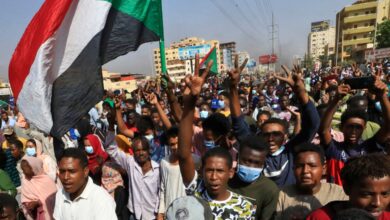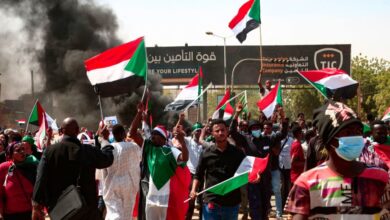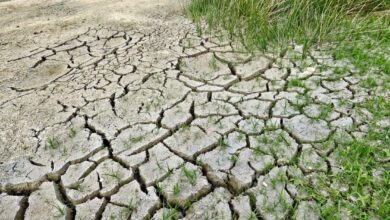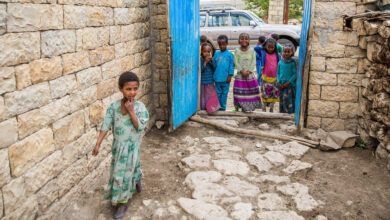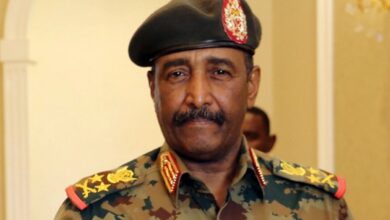Sudan
Sudanese Government Formally Requests Quadripartite Mediation In GERD Row
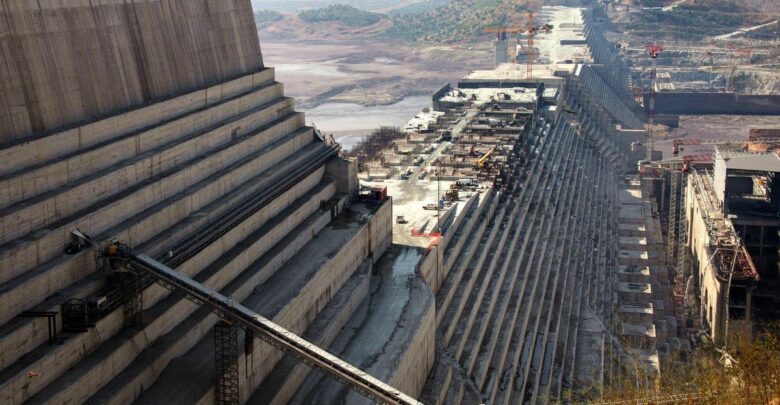
Sudanese Prime Minister Abdalla Hamdok has sent official letters to the African Union, the European Union, the United Nations, and the United States requesting a quadripartite mechanism to mediate in negotiation talks on the controversial Grand Ethiopian Renaissance Dam (GERD) reported Anadolu Agency.
In a statement, the Sudanese Foreign Ministry said that Prime Minister Hamdok sent the letters on March 13, in which he sought “to change the approach used in the negotiations, which led to the failure to reach an agreement between the three parties [Sudan, Ethiopia, and Egypt], and to establish an approach based on the presence of the main international partners through the quadripartite mechanism.”
Sudan, Ethiopia, and Egypt have been locked for the last 10 years in inconclusive talks over the filling and operation of the GERD, which broke ground in 2011. Notably, both Egypt and Sudan lie downstream from the hydropower dam. Ethiopia, on the other hand, hopes that the dam, which is now more than three-quarters complete, will reach full power-generating capacity in 2023, helping pull millions of its people out of poverty.
The Sudanese ministry’s move came after Hamdok returned from Cairo on Friday and some 10 days after Egyptian President Abdel Fattah el-Sisi’s own visit to Khartoum.
According to the Sudanese foreign ministry, the latest call for the formation of the quadripartite mechanism is aimed at strengthening the role of the African Union in the negotiations, getting significant international and regional support, and constituting the required guarantee to build confidence in the negotiations.
The ministry stressed that the Sudanese government is concerned about Ethiopia’s statements that it will continue with the second stage of filling the dam in July without a binding agreement that guarantees the exchange of information and guarantees of operation and environmental and social management. The ministry warned that any unilateral measure of the filling would harm Sudan and threaten its national security.


